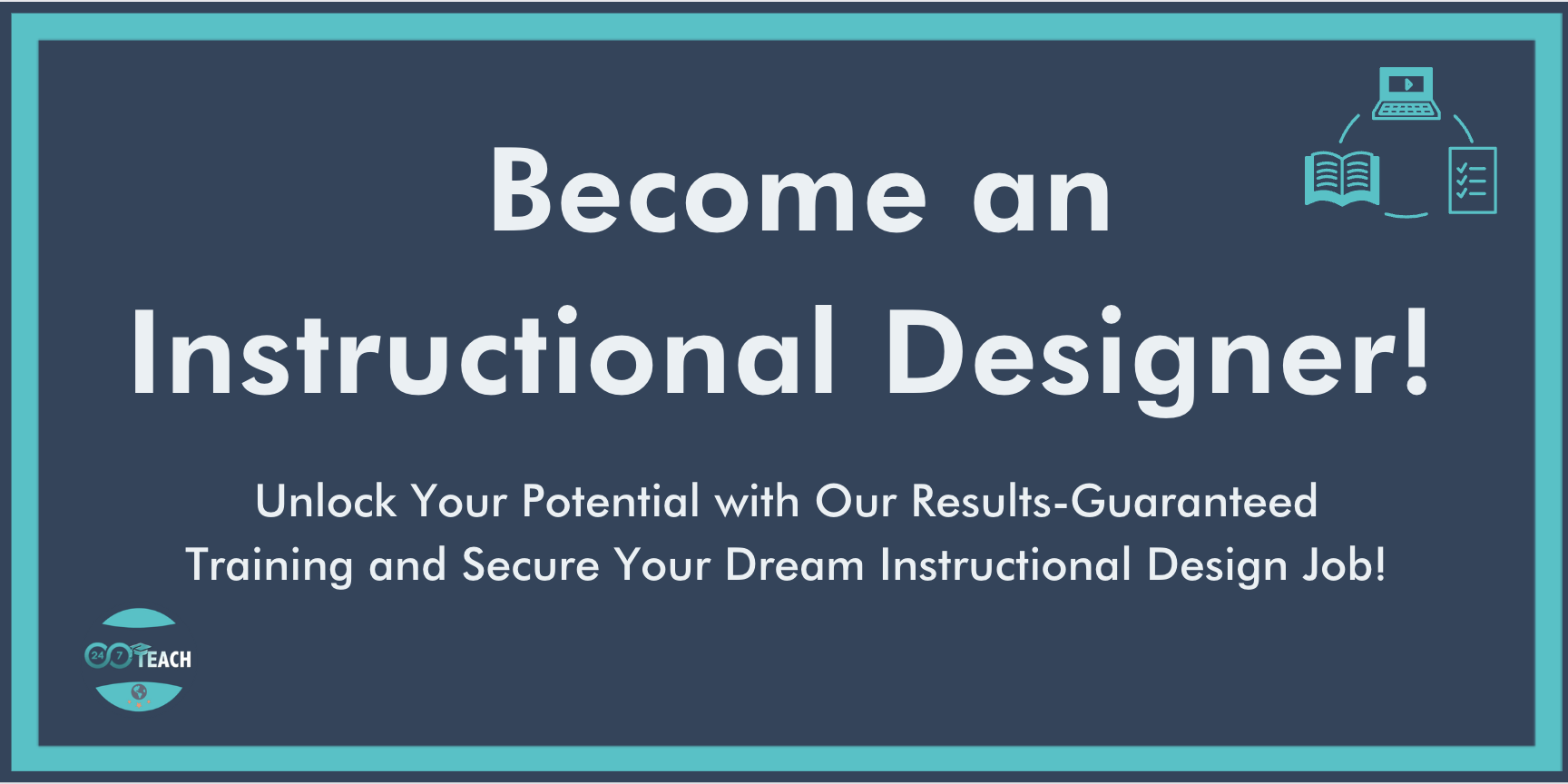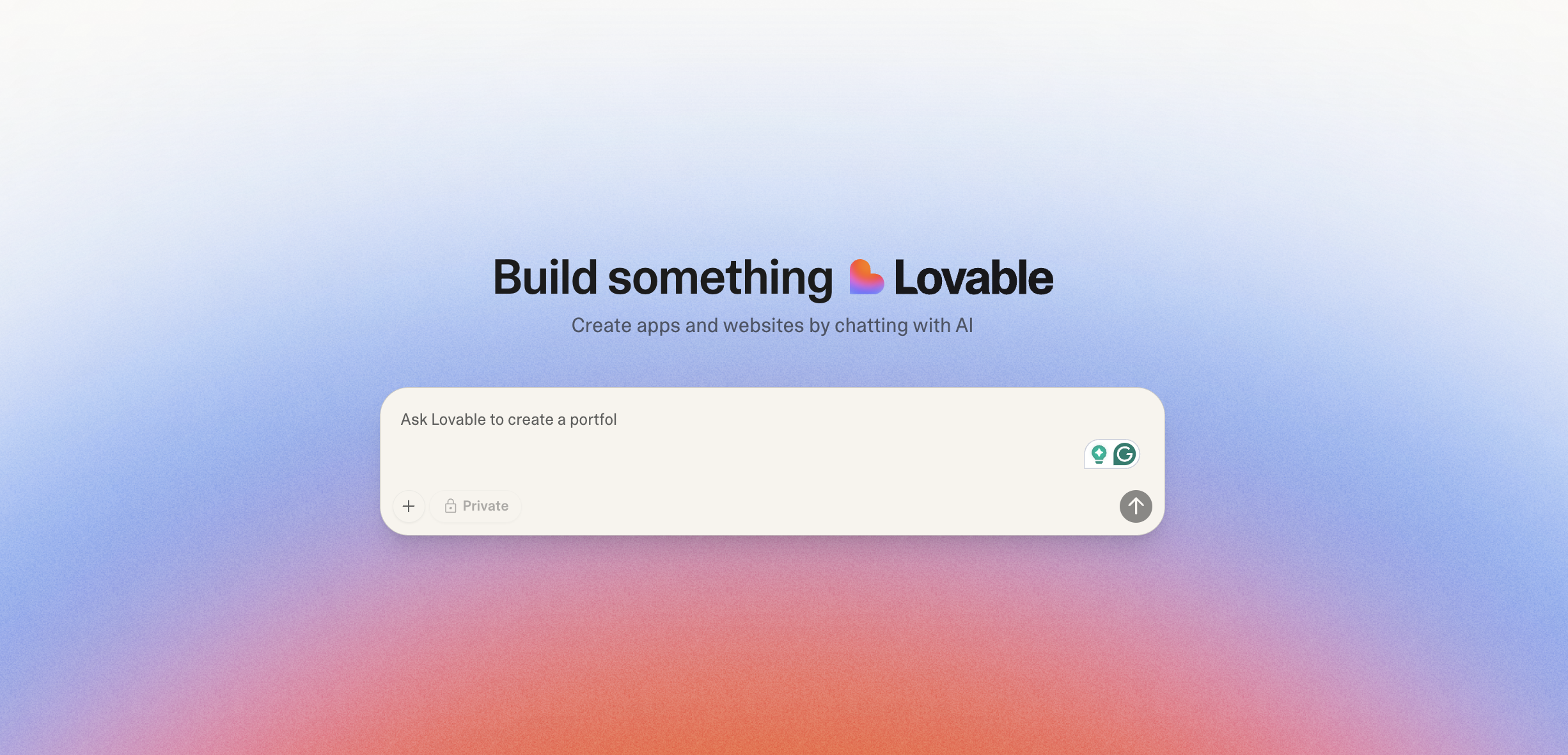How to Develop Time Estimates for eLearning Development and the Impact of AI
By: Justice Jones
CEO and Lead Superstar
Prefer to listen to this post? Click below.
Get a Grip on Time Estimates for eLearning Development and the Revolutionary Impact of AI:
When asked, "How long will it take to create this training or course?" as a CEO of an instructional design service provider, my response needs to encapsulate the complexities of eLearning development and accurately estimate the time and effort required. This balance is crucial in avoiding underbidding, which can lead to financial losses, or overbidding, which can cost potential projects.
Previously, I've found significant benchmarks in the works of Bryan Chapman, Karl Kapp, and Robyn Defelice. While these benchmarks serve as invaluable guides, the advent of Artificial Intelligence (AI) in eLearning has drastically altered the landscape, expediting processes and modifying time estimates for the better. In this post, I aim to delve into the dynamic intersection of AI and eLearning development, highlighting how AI has revolutionized how we develop and deliver instructional content.
AI: A Game Changer in Instructional Design
The role of AI in eLearning extends far beyond just 'smart recommendations' and personalized learning paths. By automating various stages of eLearning development, AI has significantly reduced the time and effort traditionally required in instructional design.
AI in Content Creation:
AI-powered tools now support digital content creation, drastically reducing the time spent on the task. They can sift through massive volumes of information, summarizing key points and generating first drafts of content. This process could typically consume around 70% of an instructional designer's time, but with AI, it's completed within a fraction of that.
Adaptive Learning Design:
AI has simplified the once-complex task of creating adaptive learning paths. An AI system can analyze learner behavior and performance data, then make informed decisions about the next steps in the learner's journey. This automated decision-making process eliminates the need for instructional designers to manually analyze data and update the course design, saving considerable time.
Automated Course Updates:
AI tools can analyze learner feedback and performance data to identify areas for improvement in the course. These tools can then automatically update course content to meet learners' needs better, sparing instructional designers from manually tweaking the course after each learner cohort.
Intelligent Authoring Tools:
AI-powered authoring tools have made eLearning development faster and more efficient. With features like automated template selection, rapid content import, and adaptation, these tools drastically reduce development time. IconLogic estimates, for instance, that traditional authoring could take 2 hours per finished minute. However, with AI-enhanced authoring tools, this could be reduced significantly.
Efficient Project Management:
AI has also found its place in streamlining project management. With AI-powered tools, resource allocation, timeline prediction, and task coordination can all be automated, saving project managers countless hours.
Revised Time Estimates with AI
To illustrate the impact of AI on eLearning development times, let's look at a hypothetical project. If we leverage AI, the estimates could be adjusted as follows:
Front End Analysis: Reduced from 30 to 15 hours
Instructional Design: Reduced from 60 to 30 hours
Storyboarding: Reduced from 55 to 25 hours
Graphic Production: Reduced from 66 to 30 hours
Authoring/Programming: Reduced from 180 to 100 hours
Project Management: Reduced from 20 to 10 hours
Pilot Test: Reduced from 6 to 3 hours
The total development time drops from 450 hours to 213 hours, a dramatic 53% decrease, and that's a conservative estimate.
AI in Quality Assurance and Testing
Quality Assurance (QA) and testing is another area where AI has significantly impacted. Conventionally, the process involves several stages - identifying errors, communicating them to the design team, corrections, and repeated testing. This is often a labor-intensive and time-consuming process. For our sample project, the manual QA estimate is around 33 hours.
However, AI-enhanced quality testing tools have transformed this process. These tools can automate error detection in content, including technical bugs, accessibility issues, and inconsistencies in design. They provide precise error reports and can even suggest potential fixes, significantly shortening the feedback loop.
Moreover, AI can also be used for 'predictive testing.' It can analyze the data from initial tests and identify potential problem areas in the course, allowing the team to address them proactively. By automating and optimizing the QA and testing process, AI tools can reduce the estimated time by more than half, from 33 to approximately 15 hours.
AI in Audio Production and Translation
Previously, audio production required a substantial investment of time and resources. The task was even more daunting if the course had to be delivered in multiple languages. But with the integration of AI in eLearning development, we've witnessed a significant reduction in time and effort in these areas.
Advanced text-to-speech (TTS) AI tools can generate high-quality, natural-sounding audio for eLearning courses. Moreover, these tools can generate audio in multiple languages and accents, eliminating the need for hiring voice artists and translators, thereby significantly reducing the time and cost of audio production.
While professional voice-over might still be preferred for certain types of content, AI-generated audio has improved dramatically over the years and can serve as a quicker and more economical alternative for many projects.
Review and Revisions: Streamlining with AI
Client reviews and revisions are an integral part of eLearning development. Often filled with endless email threads, document versions, and communication issues, these stages can significantly extend the project timeline.
AI-powered project management tools offer a centralized platform for reviews, incorporating real-time collaborative editing and automatic version control. With instant notifications and progress tracking, these tools can speed up the revision process, reducing the time required and enhancing the quality of the final product.
Moreover, AI can also analyze past revisions, learning from them to predict common changes and suggest improvements proactively in future projects. This results in a continuous improvement cycle, reducing the time required for reviews and revisions with each subsequent project.
With all these improvements in place, let's adjust our earlier estimates:
QA Testing: Reduced from 33 to 15 hours
Audio Production: Assuming half of the course uses AI-generated audio, the time could be reduced from 30 to 15 hours
SME/Stakeholder Reviews: Assuming AI-powered project management tools streamline communication and revisions, this could be reduced from 30 to 15 hours
These AI-driven efficiencies further reduce our total time from 213 to 163 hours.
In essence, the inclusion of AI in the eLearning sphere has fundamentally transformed instructional design production. It has automated and streamlined previously laborious tasks, significantly reducing development time and improving output quality. As we continue to harness the potential of AI, we can look forward to more enhancements, crafting an ever-evolving landscape of efficient, impactful, and learner-centered eLearning solutions.
However, it's important to remember that while AI offers incredible advantages, the role of a skilled instructional designer remains crucial. AI tools are accelerators and facilitators, but they don't replace the creative thinking, the human touch, and the nuanced understanding of learners' needs that an instructional designer brings to the table.
By leveraging AI's efficiencies and preserving human ingenuity, we can create a future for eLearning that's both efficient and engaging, offering high-quality learning experiences in record time.
Need Guidance on Navigating the Shift to Instructional Design?
Before You Go...
Discover the Unmatched 24/7 Teach Experience:
Our Instructional Design bootcamps and career coaching services have a 100% success rate. We redefine learning by immersing you in practical, hands-on projects, ensuring you acquire vital professional expertise while making a meaningful difference in your community.
Unlock your true potential today with 24/7 Teach and invest in your future.











